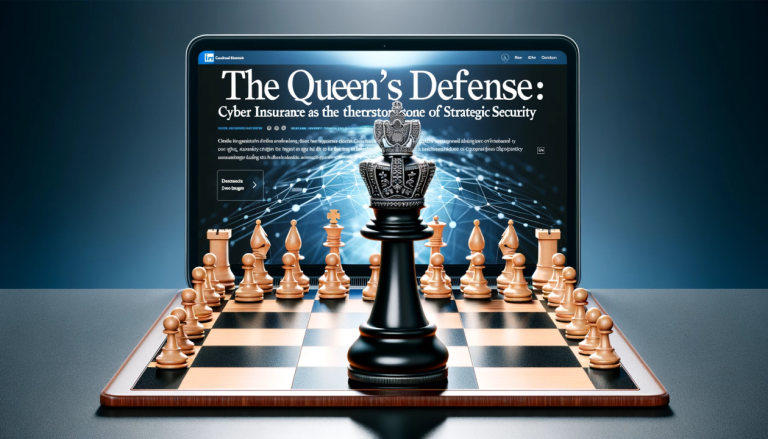One of the main problems facing the average saver in Israel today is a low level of financial literacy. According to OECD, financial literacy is a process through which financial consumers improve their understanding of financial products through information, instructions and advice and thus develop skills and confidence that give them a higher awareness of financial risks and opportunities.
Financial literacy refers to understanding central processes in financial conduct while understanding basic concepts such as: investments, loan, inflation, interest, and the like. As mentioned, financial literacy is not a trait that the individual is born with, in order to strengthen it on the individual and his environment to be exposed to financial education as broad as possible.
Financial education is a new strand in the Israeli education system, although it has officially existed for about 20 years in the local education system, it is not taught in every educational setting and even when it is taught, it is taught in relatively low doses. A correct economic concept is that financial education will give the citizens of the country a high level of financial literacy, when this will help the individual in important financial processes in his life such as managing his personal finances, purchasing housing, pension insurance, etc. but in practice.
One of the main questions that arise on the subject is how a saver with low financial literacy will make decisions at important points in his life when he is devoid of financial education on these subjects? For example, in a study conducted on financial literacy for retirement among an established population (95.4% with at least a complete high school education) it was discovered that only 36.1% of all respondents do not understand the difference between annual and monthly interest, about 30.5% of respondents do not understand the meaning of the compound interest effect. In a variety of additional financial questions examined as part of this research, “financial ignorance” of the respondents in central and basic issues was discovered. It must be remembered that the cross-section of the population that was tested is a cross-section of the population with higher than average characteristics and it does not represent the general population.
Because the main question arises, how can a person take a mortgage type loan which on average exceeds NIS 500,000 without understanding basic concepts such as interest, inflation, etc. In most cases, the individual trusts the financial intermediary who sits in front of him, even if it is not necessarily an objective party that is loyal to that client. In these cases, the well-being of the individual is harmed by basic financial processes.
One of the most important events in a person’s life is choosing a pension product that will serve as a savings channel throughout his working life. The choice of product is complex and there is a wide variety of products, a wide variety of protections in case the saver does not reach retirement age (as a result of death or disability), a variety of investment avenues, a variety of risk levels, and so on.
On the other hand, many studies carried out in the past prove that this is one of the least significant events in the individual’s life, since he does not give it attention and thought and usually makes the decision without consideration and based on the recommendation of a financial intermediary whom he does not always trust, in other cases even the decision carried out by the employer for the employee without the employee’s intervention and personalization of the product for that individual according to his requirements.
Choosing a pension product is a complex task, when we choose a pension product we must examine a variety of aspects as follows:
A. Type of pension product: In Israel there are 3 main pension products savings among them: pension fund, provident fund and insurance funds. The saver can choose one of the products or a combination of several products.
B. Investment route: Unlike in the past when there were investment paths in which the return was guaranteed by the State of Israel (by bonds issued by the State for this purpose), today most of the return is not guaranteed by the State and the member must choose an investment path for the pension savings. The investment paths are usually divided According to degrees of risk from completely solid tracks that are devoid of bonds and stocks to tracks that mostly consist of stocks. In general, most savers will not actively choose an investment route while taking into account your needs and will automatically choose a default route for them. Usually those savers who are not familiar with the existing route will not be familiar with the existing investment mix and did not even realize when they joined that their funds are invested in the capital market. Significance Choosing an investment path is critical over the years, since usually as above most savers will not choose stock biased paths which over the years will show a higher return compared to the classic paths which are less exposed to stocks.
third. Contribution percentages: The contribution percentages for the majority of the population (salaried employees) are usually determined by the employer, but on the other hand are negotiable since the mandatory pension law instructs the employer to deposit 18.5% of the employee’s pensionable salary when this percentage can increase up to 22.83%. For the self-employed, the contribution obligation is minimal (4.5% of the salary up to half of the average salary in the economy, for the second half above this salary 12.55%), and a self-employed person who earns the average salary in the economy will deposit 8.5% of his salary into savings. The salaried population in most cases will not know the fact that the contribution percentages can be increased, even those who know this will prefer an increase in wages over increasing the contribution to the pension product. Increasing the provision will have great significance in the future, for the purpose of the example we will take a 22-year-old person with no pension savings who will set aside 10,000 NIS according to his salary throughout his life until the age of 67: increasing the provision for the compensation component by 2% (1% for the employee and 1% for the employer) will result in an increase in the pension of This saves at a rate of 24.6%.
d. Insurance route: In the individual’s life there are two main risks, the first being in the event of the individual’s death before they have reached retirement age, and the second is a disability incident resulting from an illness or some kind of accident (including a work accident). When choosing pension insurance, the option is given to purchase protections against the aforementioned risks. The protections are purchased as a mechanism of mutual insurance (in the pension funds) or alternatively private insurance in insurance / provident funds. Many savers are unaware of the fact that funds are set aside from their pension provision to purchase insurance protections, since risk-averse savers will purchase broader insurance protections, which will harm their future pension and lower it, compared to risk-loving types who will be able to purchase lower insurance protections and increase the future monthly pension their. Of course, the saver must find the route that best suits his personal needs, but even in this aspect, there are large differences in the future pension between a risk-averse saver and a risk-loving saver.
God. Management fees and commissions: In all products, commissions are taken for the management of the money as well as insurance fees for the accompanying insurances. In addition, sometimes there are commissions that advisors/brokers take directly to the client as a fee for consulting on product adjustment and frequent actions throughout savings and retirement. This is a very significant criterion since the management fee component is a fixed component which is collected monthly from our savings balance. Of course, the correlation between the amount of management fees and our monthly old age pension is negative, but not necessarily the cheapest product in terms of management fees will be the preferred product for the saver. In Israel in the past, very high management fees were customary until the regulation was settled in 2013, which led the Israeli saver to focus on this aspect only when choosing a pension product while completely ignoring other sections as mentioned above.
When you are considering an alternative to a pension device, devote time to the issue or consult with a professional whom you trust. The future significance of this choice is very important.





























































































































